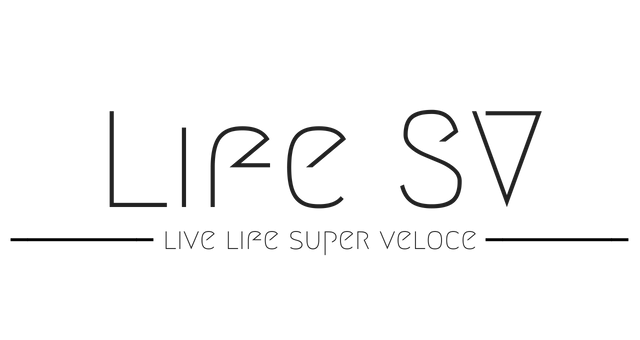
Facing terminal illness and your own mortality does not only affect your emotional, physical, and mental states but your financial capacity as well. It is one of the hardest aspects of life when someone becomes terminally ill. A terminal illness, such as cancer, will bore a hole through your pocket for chemotherapy, radiation, other treatments, hospitalization, and medications. Not included in these are your day-to-day expenses. People who have a limited time to live because of their illness can sell their life insurance policy, so they can use the money to settle their affairs before dying. Viatical settlement providers help insurance policyholders to benefit from their plans. They will pay a lump sum to the policy owner that is more than the surrender value but less than the policy’s death benefit. Here are some reasons why terminally ill patients will benefit from such a settlement.
Benefits
Viatical settlements are cases when policy buyers, called viatical providers, pay the insurance policyholder a sum of money that they can use to live comfortably for the remainder of their life. The provider will then assume the premium payments, and in the event of the original policy owner’s death, the insurance company will pay the death benefit to the provider.
- The lump sum of the settlement is higher than the surrender value. This means that the policyholder will get more money from selling the policy than surrendering it.
- The policyholder no longer needs to pay for the remaining premium payments. The viatical provider will take over the fees. The policyholder can then use the money used to pay the premiums for other things, such as medicines.
- The policyholder can use the funds from the settlement to cover the costs of medication and long term care. They can also use it to settle debts, hire a lawyer, or to fulfil their bucket list.
- There is more money to go around to spend on what matters most.
How much does a viatical settlement cost?
Viatical settlements do not cost the same. Viatical providers base their payments to the policyholder on several factors, including:
- The face value of the policy. The higher the insured amount, the higher the settlement will be.
- The life expectancy of the insured. The shorter the life expectancy of the original policyholder, the higher the amount that they will receive.
- The remaining premium payments. If the premiums are high, the less the money the policyholder will get.
If you or someone in the family is terminally ill, and you are planning to sell your life insurance, you must first consider some things. These are:
- Who will pay the medical bills and other debts in the event of death?
- Will the intended beneficiaries no longer need the death benefit?
- What if the patient recovers? They will become uninsurable, and they will no longer have life insurance.
These are just some of the considerations before deciding that a viatical settlement is the best course of action.
Image: https://cdn.pixabay.com/photo/2015/07/30/11/03/hallway-867226_960_720.jpg

Leave a Reply